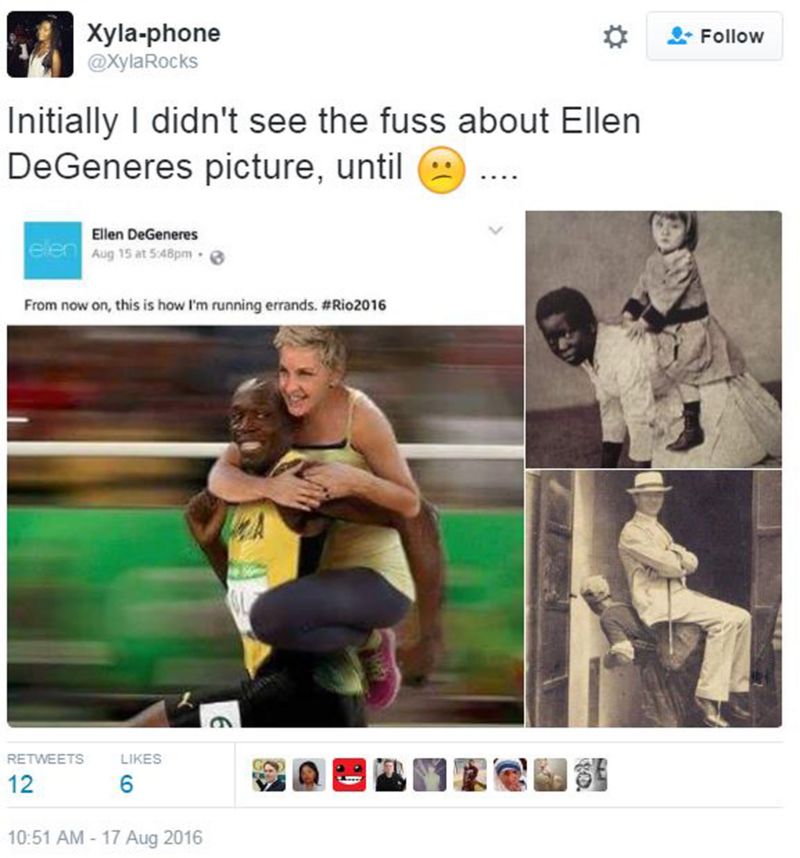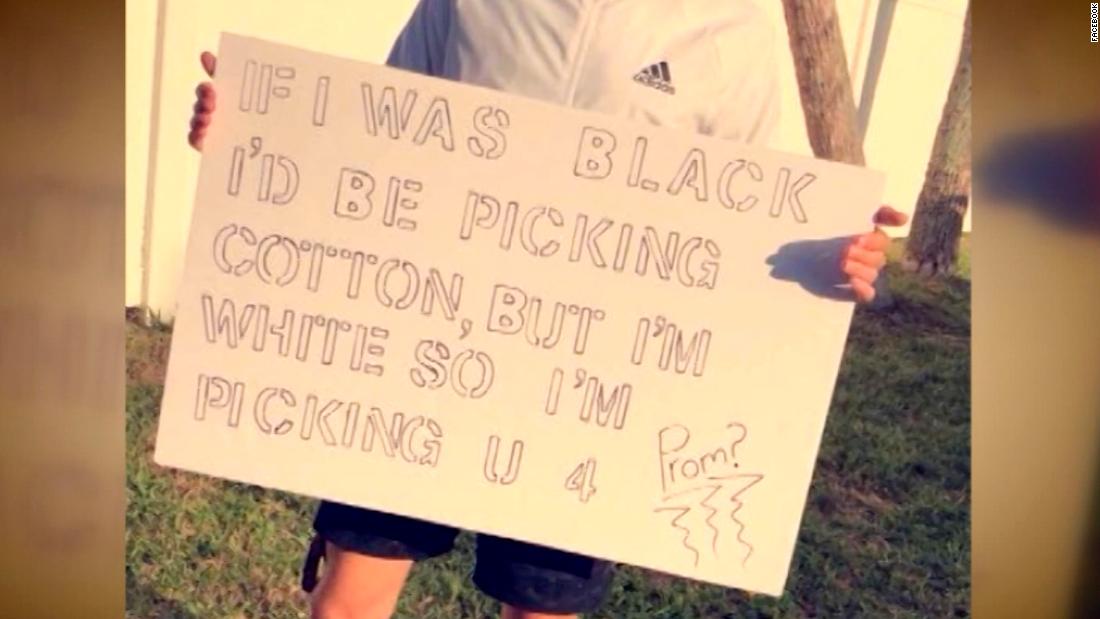Humor has always been a powerful tool to bridge gaps, bring laughter, and sometimes highlight societal issues. However, the topic of "jokes about black people" has sparked significant debate over the years. While humor is subjective, it is important to understand the line between lighthearted jokes and those that perpetuate harmful stereotypes. This article delves into the complexities of jokes centered around black culture, their history, and the conversations they ignite within society.
In the world of comedy, jokes often touch on sensitive topics, including race, culture, and identity. When it comes to "jokes about black people," it’s crucial to approach the subject with empathy and awareness. Comedy can be an avenue for shared experiences, but it can also reinforce biases if not handled responsibly. Understanding the broader context behind these jokes is essential to recognize when they serve as a form of cultural commentary versus when they cross the line into offensiveness.
As society evolves, so does the way humor is perceived. The conversation surrounding "jokes about black people" is not just about comedy; it’s about representation, inclusivity, and the impact of words. This article aims to provide a balanced perspective, exploring the history, cultural significance, and ethical considerations of humor centered on black identity. Let’s dive deeper into this nuanced topic to better understand its implications and the role it plays in shaping societal narratives.
Table of Contents
- What Are "Jokes About Black People"?
- How Did "Jokes About Black People" Originate?
- Are "Jokes About Black People" Harmful or Harmless?
- The Role of Comedy in Addressing Stereotypes
- Can Humor Be a Tool for Awareness?
- Examples of Famous Comedians and Their Take
- How Do Audiences Respond to "Jokes About Black People"?
- What Is the Fine Line Between Comedy and Offense?
- The Impact of Social Media on Jokes About Black People
- Are There Cultural Differences in Perceiving These Jokes?
- How to Handle Controversial Jokes Responsibly?
- Ethical Considerations for Comedians
- Can Jokes About Black People Promote Diversity?
- What Are the Alternatives to Stereotypical Humor?
- Conclusion: Reflecting on Humor and Respect
What Are "Jokes About Black People"?
Jokes about black people often refer to humor that touches upon the culture, traditions, and experiences of the black community. These jokes can range from lighthearted and celebratory to deeply offensive, depending on the context and intent. Understanding the nature of these jokes requires analyzing their origins, purpose, and the impact they have on society.
How Did "Jokes About Black People" Originate?
The origins of "jokes about black people" can be traced back to historical contexts, including slavery, segregation, and the civil rights movement. During these periods, humor was often used as a coping mechanism by the black community, while also being weaponized by others to demean and dehumanize. Exploring the roots of these jokes sheds light on their evolution and the cultural shifts surrounding them.
Are "Jokes About Black People" Harmful or Harmless?
Determining whether jokes about black people are harmful or harmless depends on several factors, including intent, audience, and delivery. While some jokes celebrate black culture and resilience, others perpetuate stereotypes and reinforce biases. It’s essential to consider the broader implications of humor and its ability to shape perceptions.
The Role of Comedy in Addressing Stereotypes
Comedy has the power to challenge stereotypes and provoke thought. Many comedians use their platform to highlight societal issues, including racism and inequality. By addressing stereotypes in a humorous yet thought-provoking way, comedy can inspire meaningful conversations and promote understanding.
Can Humor Be a Tool for Awareness?
Yes, humor can be a powerful tool for raising awareness about social issues. When delivered responsibly, jokes about black people can shed light on cultural nuances, celebrate diversity, and challenge prejudices. However, it is crucial to strike a balance between humor and sensitivity to ensure that the message is impactful and respectful.
Examples of Famous Comedians and Their Take
Several prominent comedians have explored the topic of jokes about black people in their routines. Figures like Richard Pryor, Chris Rock, and Dave Chappelle have used humor to reflect on their experiences as black individuals and to address societal issues. Their work demonstrates the potential of comedy to spark dialogue and drive change.
How Do Audiences Respond to "Jokes About Black People"?
Audience reactions to jokes about black people can vary widely depending on factors such as cultural context, personal experiences, and the comedian's approach. While some audiences appreciate the humor and insight, others may find certain jokes offensive or inappropriate. Understanding these responses is key to fostering inclusivity in comedy.
What Is the Fine Line Between Comedy and Offense?
The fine line between comedy and offense lies in the intent and impact of the joke. Comedians must navigate this delicate balance to ensure that their humor is thought-provoking and respectful, rather than divisive or harmful. Being mindful of audience sensitivities is crucial to achieving this balance.
The Impact of Social Media on Jokes About Black People
Social media has amplified the reach of jokes about black people, making them more accessible to a global audience. While this has allowed for greater representation and dialogue, it has also increased the potential for misinterpretation and backlash. The role of social media in shaping humor and accountability cannot be overlooked.
Are There Cultural Differences in Perceiving These Jokes?
Cultural differences play a significant role in how jokes about black people are perceived. What may be considered humorous in one context could be deemed offensive in another. Exploring these cultural nuances can help foster greater understanding and appreciation for diverse perspectives.
How to Handle Controversial Jokes Responsibly?
Handling controversial jokes responsibly requires a combination of empathy, awareness, and intention. Comedians and audiences alike must remain open to dialogue and feedback, fostering an environment where humor can thrive without causing harm. Respect and understanding are key to navigating this complex landscape.
Ethical Considerations for Comedians
Comedians have a responsibility to consider the ethical implications of their jokes. This includes reflecting on the potential impact of their humor and striving to create content that uplifts rather than diminishes. Ethical comedy can serve as a powerful tool for social change and unity.
Can Jokes About Black People Promote Diversity?
When approached thoughtfully, jokes about black people can celebrate diversity and highlight the richness of black culture. By focusing on shared experiences and positive representations, humor can serve as a bridge that connects people from different backgrounds.
What Are the Alternatives to Stereotypical Humor?
Alternatives to stereotypical humor include focusing on universal themes, celebrating individuality, and highlighting positive aspects of culture. By moving away from stereotypes, comedians can create humor that resonates with a broader audience while promoting inclusivity and respect.
Conclusion: Reflecting on Humor and Respect
The conversation around jokes about black people underscores the importance of humor as a cultural and social tool. By approaching this topic with sensitivity and awareness, we can harness the power of comedy to inspire dialogue, celebrate diversity, and promote understanding. Ultimately, the goal is to create humor that unites rather than divides, fostering a world where laughter brings us closer together.


Detail Author:
- Name : Alayna D'Amore
- Email : rice.ursula@yahoo.com
- Birthdate : 1990-09-11
- Address : 712 Altenwerth Station South Assuntaburgh, WV 09335-0094
- Phone : +1-629-368-3236
- Company : Wilderman Group
- Job : Medical Sales Representative
- Bio : Ea laboriosam sed natus aliquam. Nemo cumque ut nam voluptates. Eligendi eos quibusdam ut facilis.